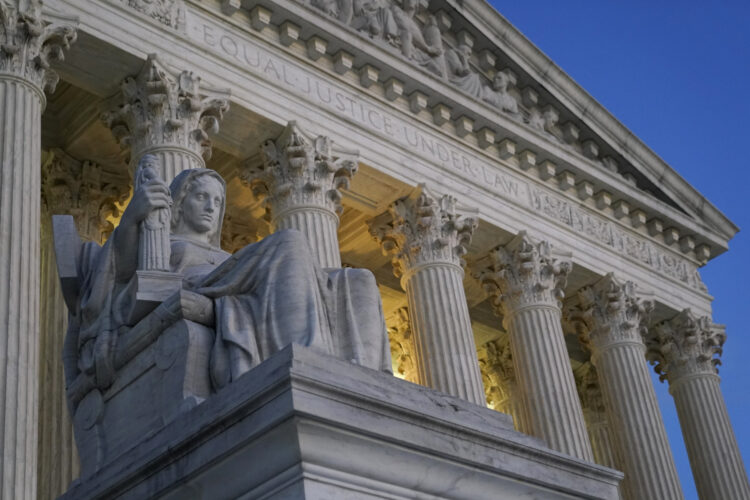First up was the so-called GOP effort of “gerrymandering.” Meaning that Republican state legislatures drew state congressional and legislative maps in a way that would help their party win. Meaning, Democrats argue, that the GOP carved out black areas so as to dilute their power. Black voters typically side with the Democratic Party.
The case came out of Alabama, with the state creating a single congressional district where blacks made up the majority of the voters.
Brett Kavanaugh and John Roberts crossed the aisle in a 5-4 ruling making Alabama redraw that district. And that means that any district slicing that would dilute black numbers would be subjected to a court ruling and get stricken down. Kavanaugh crossed the aisle to provide a win for the progressives.
The court also made a major ruling on copyright laws that predict the legal future of artificial intelligence. It all hinged on a famous moment when artist Andy Warhol sold a project featuring singer Prince. In 1980, a photographer snapped a photo of him. A handful of years later, Warhol reproduced it, drew on it and changed the color, later selling the piece of art. Warhol got all the cash, the original photographer didn’t.
In a 7-2 ruling, the court ruled that Warhol lifted the image and therefore stole it, entitling the photographer to a cash percentage. This means that with anything reproduced by AI, from any original image, the original image creator needs to get paid. Expect for this to become a sticky situation for artistic AI creators.
There was also an interesting tech case the court avoided making a concrete decision on.
YouTube was sued over allowing a pro terrorism video to exist on their platform. Making matters worse, that algorithm, due to it not having human oversight, even suggested those videos to various rules.
In a 9-0 decision, the court ruled that YouTube was not liable lawsuit wise. But they referred only to that specific instance and specifically said this wasn’t a ruling for all companies and all types of videos.
Tech giants, for now, can breath a sigh of relief. But it indicates the Supreme Court will allow tech to continue to be the wild west. They won’t particularly help these companies escape litigious or federal regulation, but the court won’t use their power for the government to get more control over the big tech players.
Essentially, court tells tech, “good luck, but you’re on your own.”
The two big ones up next? Affirmative action and student loans. America may be a changed country by the time they’re done.


















Add comment